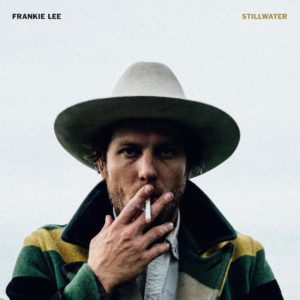 Artist: Frankie Lee
Artist: Frankie Lee
Album: Stillwater
Label: River Valley Records
Reason We’re Cranking It: We can’t keep stressing what an incredible year 2019 has been for music. Week after week, album after album, we’re amazed and moved by the art being created across all genres, but without question Lee’s sophomore effort has been the most memorable. If digital recordings could be worn down by continuous play, our copy of “Stillwater” would be nothing more than a sonic blob by now.
What The Album Tells Us About Him: “I write music for adults, or at least for people who’ve gotten over most of their childhood and angst,” Lee said in a recent interview with TrunkSpace. That quote sums up our gut reaction when we first listened to “Stillwater.” As we continuously fall further and further outside of the desired demographic that those in power aim for when greenlighting commercial art – film, television, music, etc – this is an album that we relate to on multiple levels. As an artist Lee may make music for a general assortment of people, but it feels like it was created specifically for us. That’s not something that is easy to replicate.
Track Stuck On Repeat: Naming one song as our favorite is impossible to do because we’ve only ever listened to “Stillwater” as a complete collection. Sure, some tracks are better than others, but even those we’d deem ‘weaker’ are still stronger than those songs found on the albums of other artists. Therefore, “Play All” is our chosen method of repeat.
And that means…



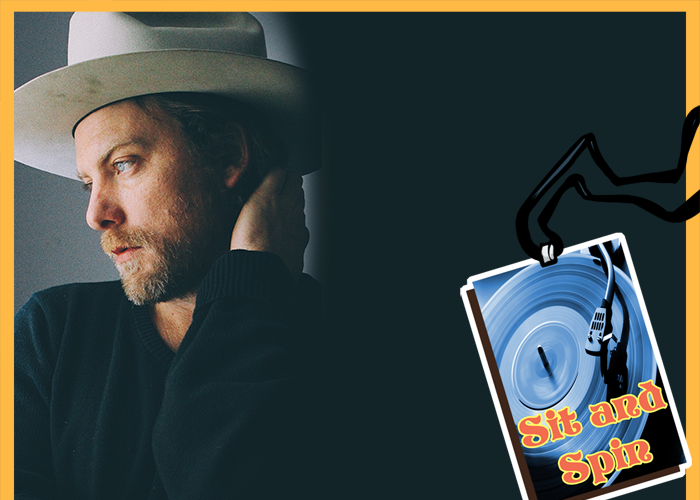
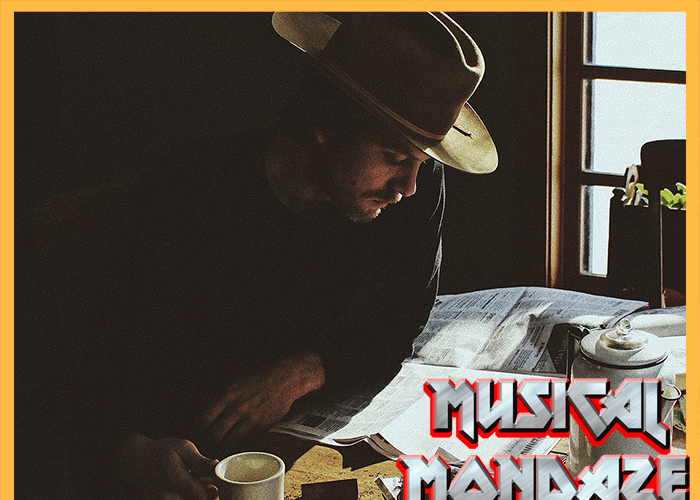
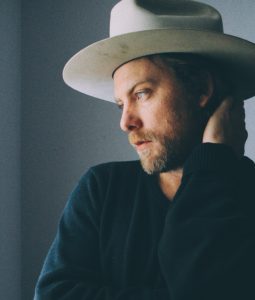
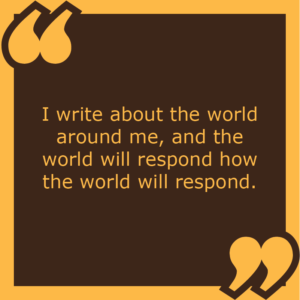 difficult way to make art, whether you’re a songwriter, a painter, a sculptor, a poet – whatever. Making art only by concepts and ideas requires someone so brilliant that they are always one step ahead of the smartest listener; the smartest viewer; the smartest reader. Someone like Auden could pull it off. Not many others. So if I catch a tailwind, I don’t see boxes to check, rather I’m just remembering old emotions (you brought them up!) as I pass them by, and I try to document them the best I can while I’m in their waters. There’s very little adventure in creating art with a GPS.
difficult way to make art, whether you’re a songwriter, a painter, a sculptor, a poet – whatever. Making art only by concepts and ideas requires someone so brilliant that they are always one step ahead of the smartest listener; the smartest viewer; the smartest reader. Someone like Auden could pull it off. Not many others. So if I catch a tailwind, I don’t see boxes to check, rather I’m just remembering old emotions (you brought them up!) as I pass them by, and I try to document them the best I can while I’m in their waters. There’s very little adventure in creating art with a GPS.